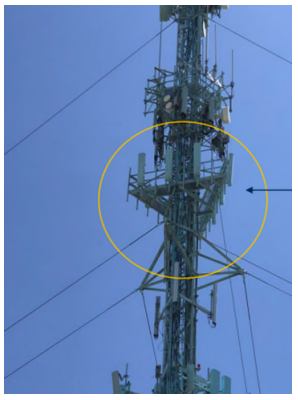Charter has been granted permission by the Federal Communication Commission to test 5G New Radio with a combination of 37 GHz and CBRS spectrum, using CBRS as an anchor.
The Special Temporary Authority (STA) documentation outlines a research project in which Charter will test the use of CBRS midband spectrum as an anchor, combined with airwaves at 37.0-37.6 GHz, using 5G Dual Connectivity (EN-DC) mode.
Charter plans to characterize the coverage, capacity and performance of such a system under various conditions of power levels and transmitter heights, and says the project will “advance Charter’s understanding of potential of 37 GHz data aggregation with mid-band spectrum as an anchor.” The company added elsewhere in its STA application that the project will “advance the potential deployment of 5G fixed and mobile services.”

The tests will conducted at two outdoor sites in Castle Rock, Colorado, using multi-point to multi-point integrated antennas that will be mounted at a height of 133 feet on existing towers with a 50-degree tilt. Customer premise equipment mounted on the top of three vans will serve as the other end of the link.
The STA, granted this week, lasts for six months.
The lower 37 GHz band was one of several millimeter-wave bands that the FCC handled in its “Spectrum Frontiers” order of 2019. The entire 37 GHz band is allocated for fixed and mobile use by a combination of federal and non-federal users. The lower portion of the band was made available by the FCC for coordinated “co-primary sharing” between federal and non-federal users, while the upper portion of the band was auctioned; that auction wrapped up with March 2020 and offered the single largest amount of spectrum that the FCC has made available in a single auction, encompassing more than 14,000 licenses for Upper Microwave Flexible Use Service (UMFUS) licenses in the upper 37 GHz, 39 GHz, and 47 GHz bands. The auction raised about $7.5 billion in net bids.

